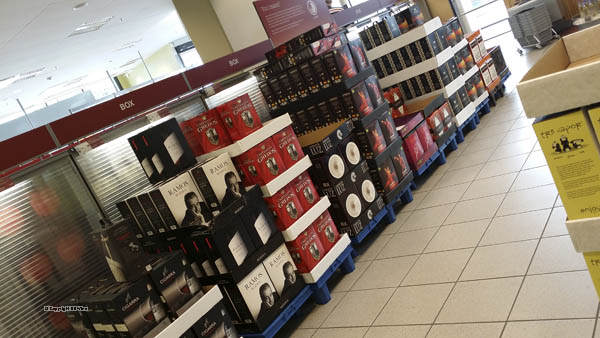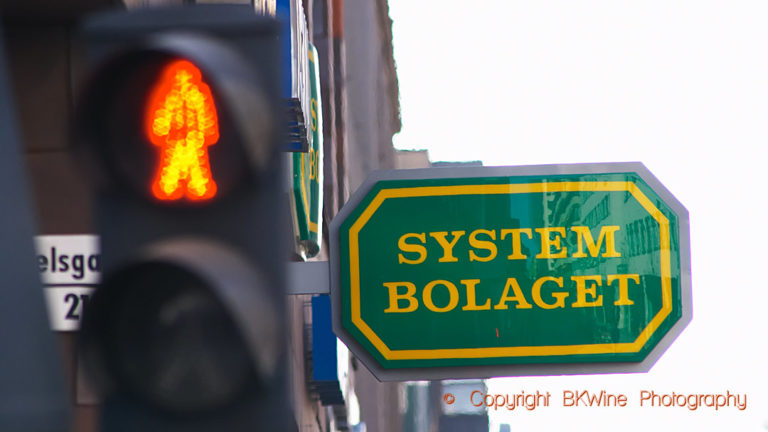Systembolaget, the Swedish alcohol monopoly, has published its financial statements. It had a turnover in 2016 of 28.5 billion SEK (3 bn euro), an increase of 3%. The profit (operating profit) amounted to SEK 217 million (23 million euro), an increase of 21% from 2015, a not entirely insignificant profit from a company who likes to give the impression of not being profit oriented.
In connection with the annual report announcement Systembolaget also annouces the “support” they feel they have for its monopoly, “the public support for Systembolaget’s exclusive retail right”, that they claim is supported by 76% of the population. However, this is a figure that for several reasons is not very credible. For example, Systembolaget does not disclose exactly how the survey was conducted, nor the full script that was used.

That Systembolaget also spends many tens of millions of kronor (hundreds of millions?) on political propaganda promoting the monopoly, often misleading and false, which tells how “important” it is to keep the monopoly and how outstanding Systembolaget is in fulfilling its duty, which of course makes the picture distorted.
How little confidence one should have in this figure is illustrated by a few other numbers from other surveys:
- 62% of Swedes thinks wine sales online should be allowed (which of course is already fully legal)
Two views that contradict Systembolaget’s view on its popular support.
So the number Systembolaget gives for its popular support is probably not particularly credible.
“Thanks to Systembolaget’s exclusive retail rights the harm alcohol causes is limited in Sweden,” concludes managing director Magdalena Gerger, in a statement that is highly doubtful. Systembolaget delivers only just over half of all alcohol consumed in Sweden and thus can hardly be an effective tool for public health.
It would undoubtedly be better for the public health if the mission to limit the harmful effects of alcohol was handed over to an independent health organization, that took over that responsibility. It is fundamentally absurd – and obviously ineffective – that the same organisation who sells alcohol at the same time is the organisation that has the mission to protect the public health, about as absurd as if the police and the judiciary were merged into one single organisation.










